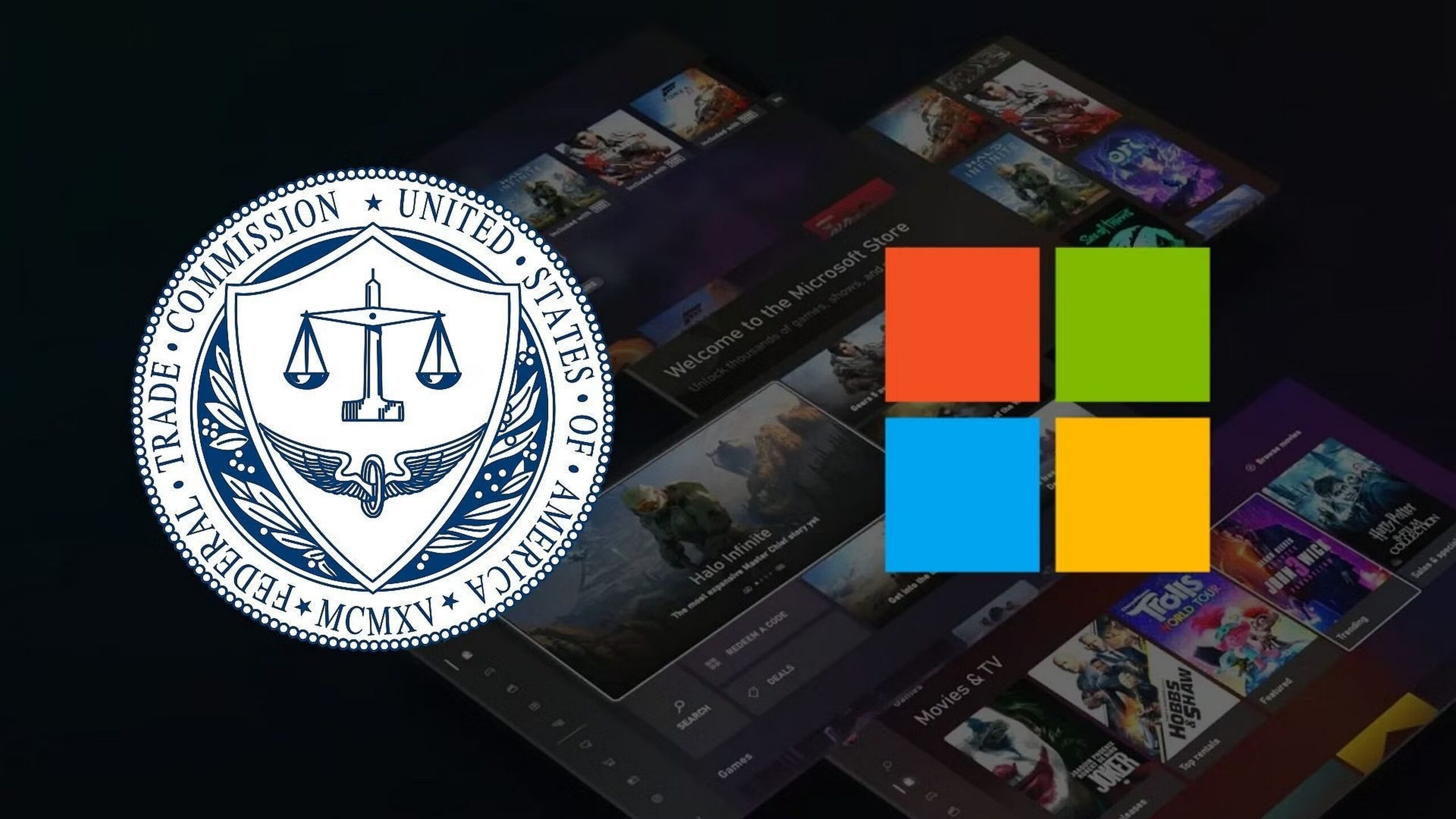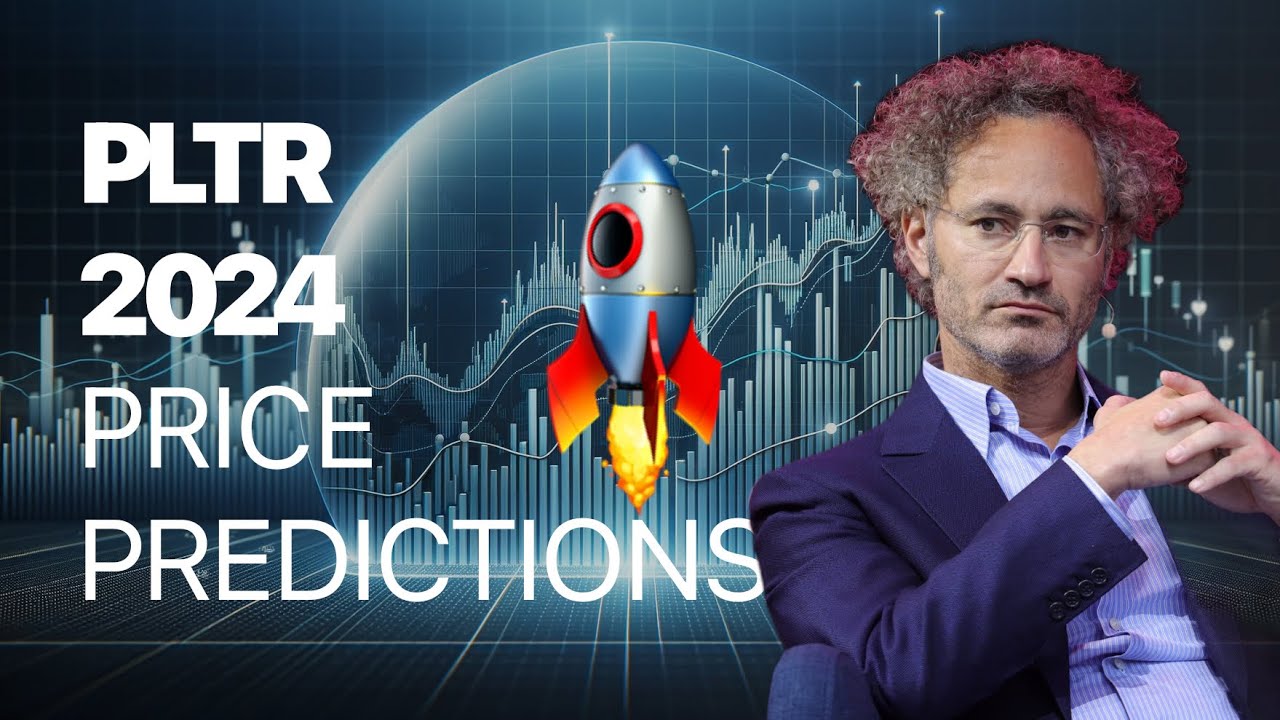FTC Challenges Microsoft's Activision Acquisition: Future Uncertain

Table of Contents
The FTC's Antitrust Concerns Regarding the Microsoft Activision Acquisition
The FTC's opposition to the Microsoft Activision acquisition stems from concerns about potential anti-competitive practices that could harm consumers and stifle innovation. Their arguments center on two key areas: the impact on the gaming console market and the dominance in the burgeoning cloud gaming market.
Stifling Competition in the Gaming Console Market
The FTC argues that the merger would give Microsoft an unfair competitive advantage, potentially stifling competition from rivals like Sony and Nintendo. This concern primarily revolves around the immensely popular Call of Duty franchise.
- Microsoft's potential to make Call of Duty exclusive to Xbox: This would significantly hinder Sony's PlayStation, potentially driving players to the Xbox ecosystem.
- Reduced incentive for Microsoft to support other platforms: With Activision's titles under their control, Microsoft might reduce investment in developing games for competing platforms, weakening their competitiveness.
- Impact on game pricing and subscription services: The acquisition could lead to higher prices for games or alter the pricing models of subscription services like PlayStation Plus and Xbox Game Pass, disadvantaging consumers.
The potential impact extends beyond Call of Duty. The FTC worries about Microsoft's ability to leverage other Activision Blizzard titles to create a less diverse and more expensive gaming market, impacting the development of competing games and the overall health of the console gaming market.
Dominance in the Cloud Gaming Market
The FTC also expresses deep concern about Microsoft's potential to leverage Activision's vast game portfolio to dominate the rapidly expanding cloud gaming market.
- Microsoft's existing strength in cloud computing (Azure): Microsoft already holds a significant market share in cloud computing with Azure. The acquisition would allow them to combine this strength with Activision's popular game titles.
- Activision's popular game portfolio’s potential to lock in cloud gaming market share: The addition of franchises like Call of Duty, Candy Crush, and World of Warcraft to Microsoft's cloud gaming offering could create an insurmountable barrier to entry for competitors.
- Limiting choices for consumers in the cloud gaming space: This could lead to reduced innovation, higher prices, and less choice for consumers seeking cloud-based gaming experiences.
The competitive landscape of the cloud gaming market is still evolving. The FTC fears that the Microsoft Activision acquisition would prematurely stifle this growth by creating a near monopoly.
Microsoft and Activision's Defense of the Microsoft Activision Acquisition
Microsoft and Activision have vigorously defended the merger, arguing that it will ultimately benefit consumers through increased innovation and broader access to games. They present counterarguments to the FTC’s concerns, focusing on several key points.
Arguments Against Anti-Competitive Practices
Microsoft and Activision maintain that the merger will not stifle competition but instead foster a more vibrant gaming market.
- Plans to bring Call of Duty to more platforms, including Nintendo Switch: This commitment aims to directly address the FTC's concerns about exclusivity.
- Investment in game development and expansion of game studios: Microsoft has pledged to invest heavily in developing new games and expanding its network of game studios, suggesting increased competition rather than its reduction.
- Improved game access through subscription services like Game Pass: They argue that the integration of Activision Blizzard's titles into Game Pass will make a wider range of games more accessible and affordable for consumers.
Microsoft's counterarguments hinge on the idea that increased scale and resources will lead to greater innovation and benefit consumers, contradicting the FTC's claims of anti-competitive behavior.
Addressing Regulatory Concerns
Recognizing the FTC's concerns, Microsoft has proactively attempted to address them through various concessions.
- Proposed agreements with competitors: Microsoft has reportedly engaged in discussions with competitors to offer access to Activision Blizzard's games and mitigate concerns about exclusivity.
- Commitments to maintain Call of Duty availability on competing platforms: This is a crucial element of their strategy to address the core FTC worry regarding Call of Duty's exclusivity.
- Transparency measures to ensure fair competition: Microsoft has proposed measures to increase transparency in its dealings and ensure fair competition within the gaming market.
The effectiveness of these concessions remains to be seen, but they reflect Microsoft's efforts to navigate the regulatory hurdles and secure the acquisition.
Global Regulatory Scrutiny of the Microsoft Activision Acquisition
The Microsoft Activision acquisition is not solely facing scrutiny from the FTC. Regulatory bodies in other key markets, such as the European Union and the UK's Competition and Markets Authority (CMA), are also conducting thorough reviews. This highlights the international implications of this deal.
- Different regulatory approaches across jurisdictions: Each region has its own approach to antitrust enforcement, leading to varying degrees of scrutiny and potential outcomes.
- Potential for varying outcomes in different regions: The acquisition could be approved in some regions while blocked in others, creating a complex and fragmented global gaming market.
- Impact on the global gaming landscape: The ultimate decisions will have a far-reaching impact on the structure, competitiveness, and future development of the global gaming industry.
The differing stances of global regulatory bodies highlight the complexities of international antitrust law and the far-reaching impact of this deal.
Conclusion
The FTC's challenge to the Microsoft Activision acquisition presents a complex and uncertain future for the gaming industry. The outcome will significantly impact competition, consumer choice, and the evolution of the gaming market. While Microsoft has made efforts to address concerns, the ultimate decision will determine the landscape of gaming for years to come. The ongoing developments in this case are crucial for anyone interested in the Microsoft Activision acquisition and its impact on the future of gaming. Stay informed and follow this crucial case to see how this pivotal deal will ultimately shape the future of the industry.

Featured Posts
-
 Is Leon Draisaitl Ready For The Playoffs Latest Oilers Injury Report
May 10, 2025
Is Leon Draisaitl Ready For The Playoffs Latest Oilers Injury Report
May 10, 2025 -
 Palantir Stock Price Surge How Analysts Are Reacting And Adjusting Forecasts
May 10, 2025
Palantir Stock Price Surge How Analysts Are Reacting And Adjusting Forecasts
May 10, 2025 -
 Examining The Double Speak Surrounding Trumps Transgender Military Policy
May 10, 2025
Examining The Double Speak Surrounding Trumps Transgender Military Policy
May 10, 2025 -
 Britannian Kruununperimysjaerjestys 2024 Paeivitetty Lista
May 10, 2025
Britannian Kruununperimysjaerjestys 2024 Paeivitetty Lista
May 10, 2025 -
 Analyzing Psgs Success Luis Enriques Coaching Influence
May 10, 2025
Analyzing Psgs Success Luis Enriques Coaching Influence
May 10, 2025
